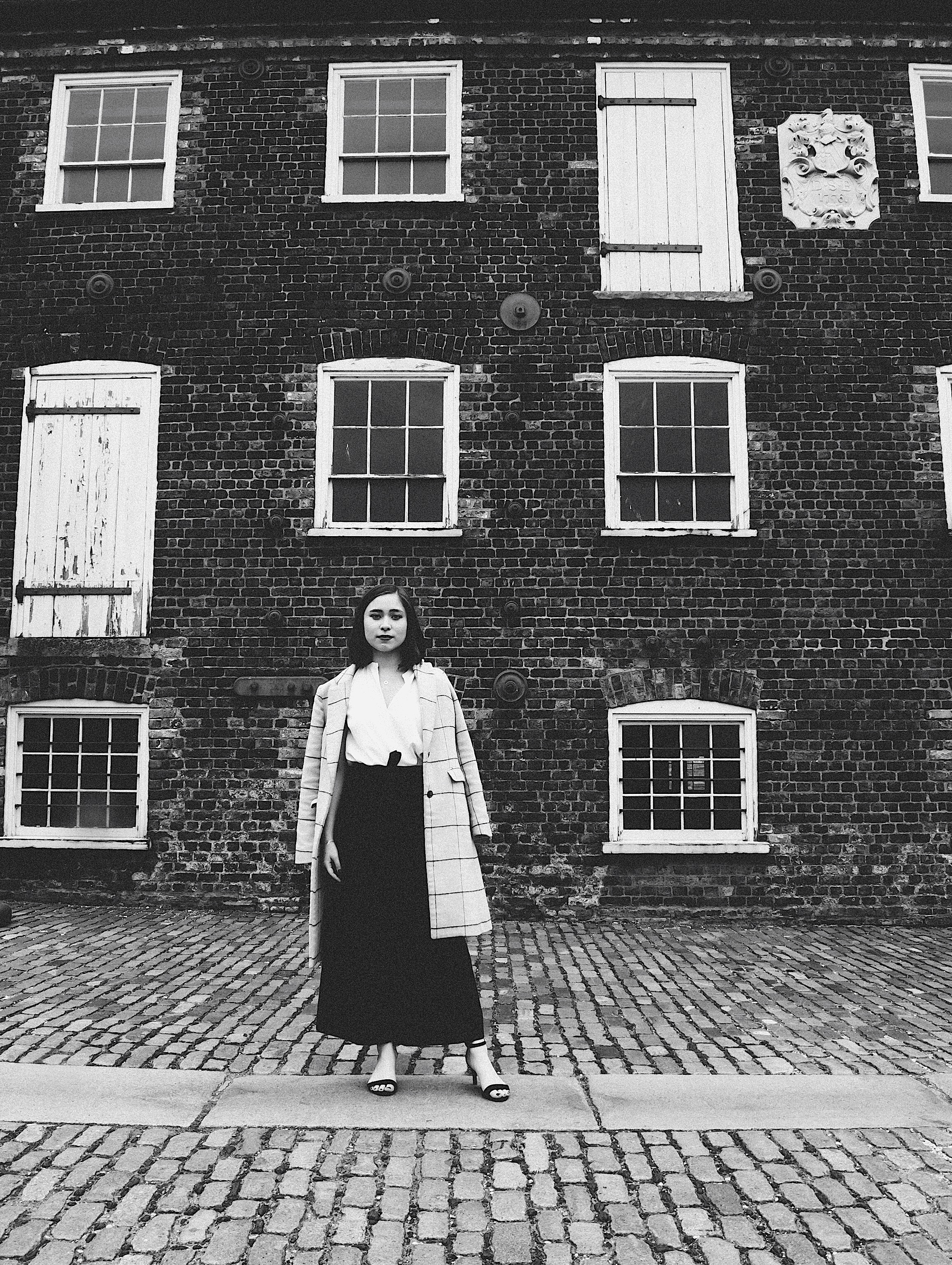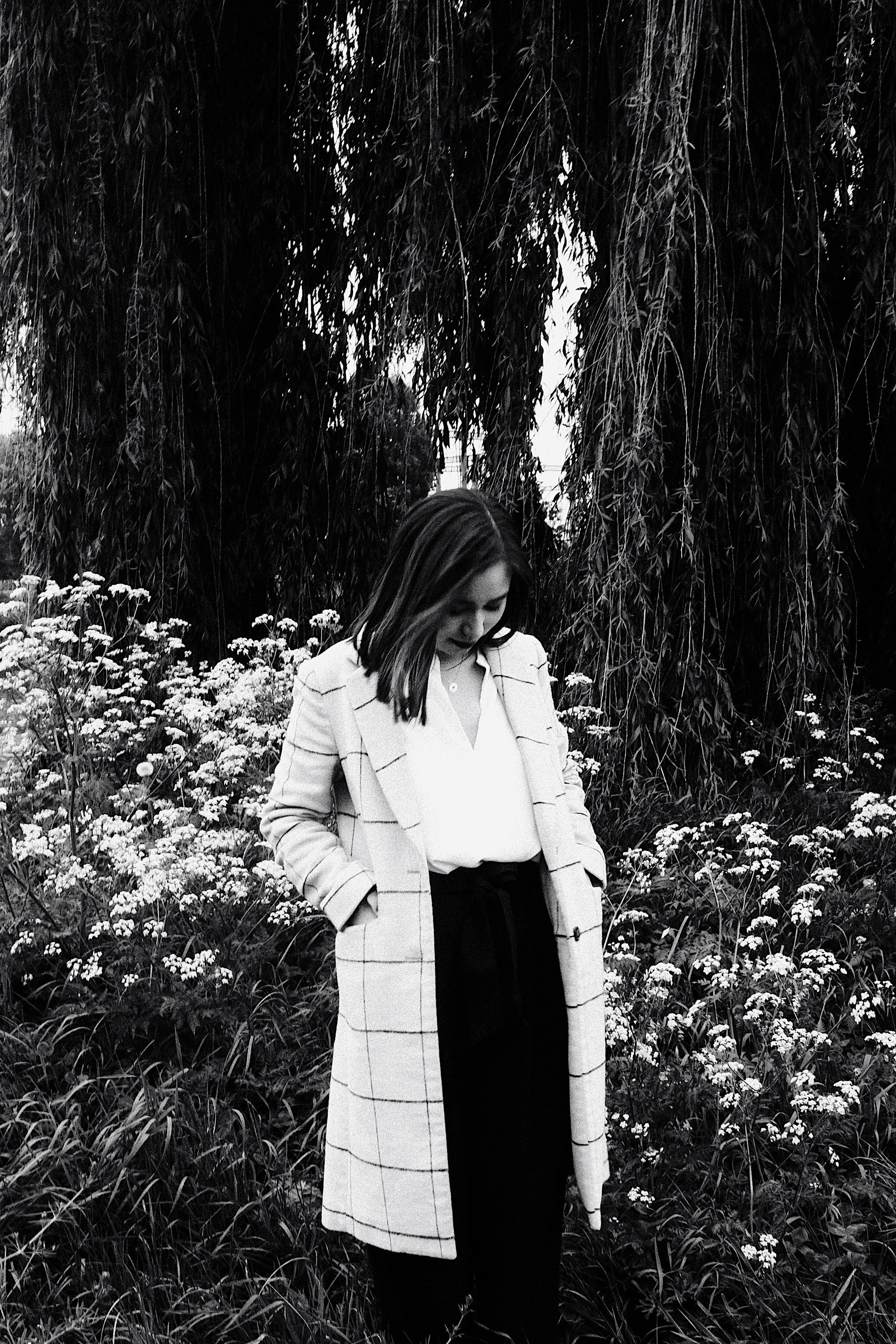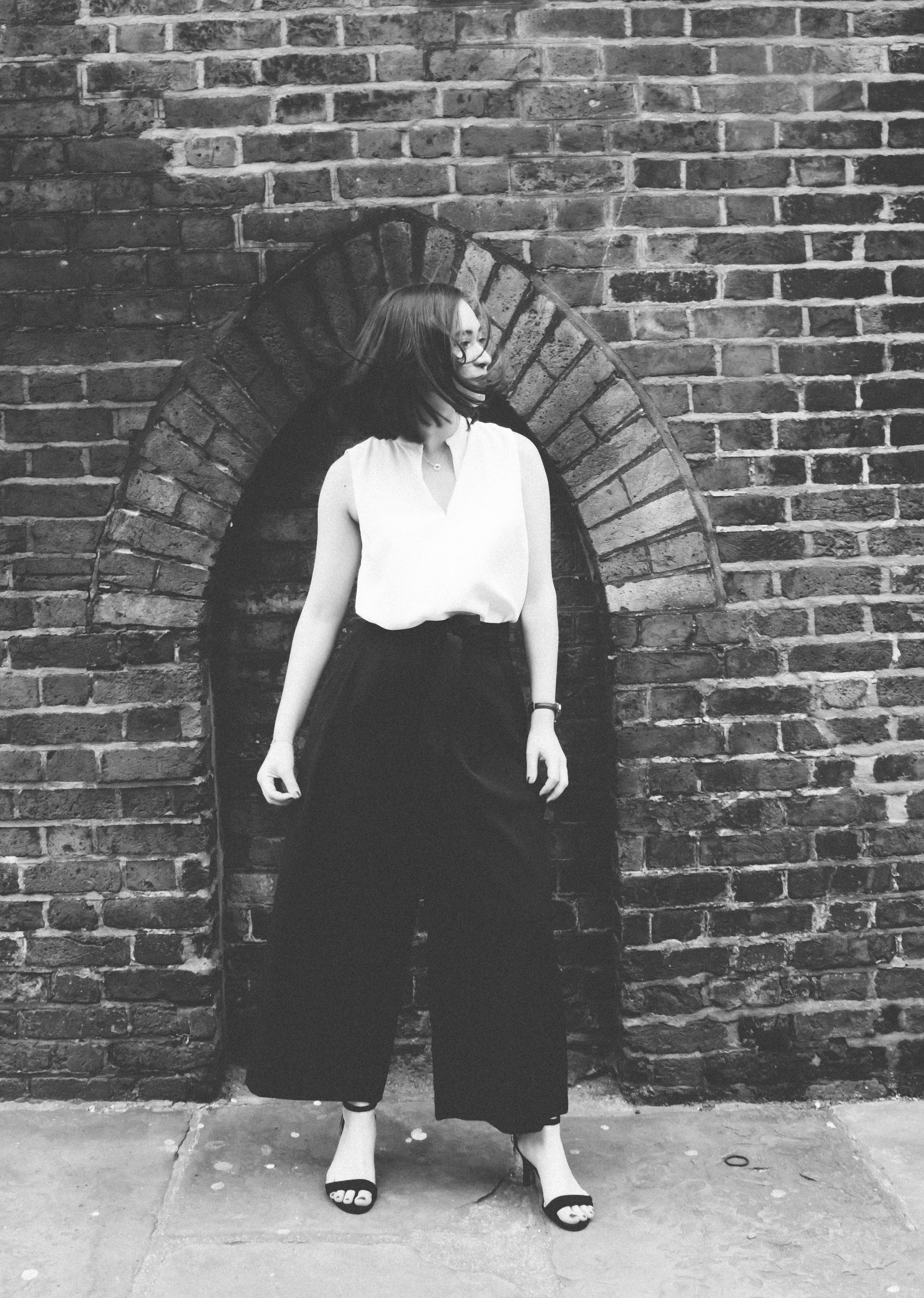Naomi Omori
What’s your full name?
Naomi Morris Omori
How old are you?
22
Where were you born/brought up?
I was born in Japan and brought up in both the UK and Japan.
What do you do for a living?
I’m a Master’s student studying Contemporary Literature, Culture & Theory.
What’s your ethnicity?
Mixed race, East Asian/White.
How did your mum and dad meet?
They both lived in California for a long time and met there
How old were you when you became conscious that people saw you differently? What impact did that have on you?
As a mixed-race child in Japan, I was stared at in the street, every day. Strangers would come up to me, ask me questions (like if I had met David Beckham) and try to stroke my hair. Or shop clerks would be rude to my (white) mother but polite to me. In the UK, white people would look at my father, then at my mother, and then at me, and they would look puzzled, like they didn’t “get it”. The attention was confusing and I couldn’t work it out because it seemed to be both positive and negative, but I knew that I was “different”.
Did you want to change your appearance when you were a child?
At times, I really hated my appearance – as a child and growing up as a teen. I went through phases of wishing that I looked “more British”, or “more Japanese”. Either way, I wished that I looked one or the other, rather than in-between and therefore “neither”. I wanted to fit in with lighter-coloured hair and thin eyebrows, or black hair and dark eyes. It’s sad looking back on it, but I was not surprised that people stared at me. I never really expressed it to anyone but I thought that I looked like a “freak”.
Describe your most memorable moments when you were made aware of being mixed race.
The first time I remember feeling upset from experiencing discrimination was when I was seven years old and wanted to go to a public swimming pool near my house in Japan. The staff there wouldn’t let me join the pool because I didn’t speak Japanese (I had been away from Japan for a few years) and they said that it was a safety hazard. I cried a lot, and never wanted to go back.
Do you feel your parents prepared you for life as a mixed race person?
Growing up I was lucky to receive a lot of love and attention from my parents so that gave me the confidence to go into the world and not feel too battered down by being mixed-race, especially in a country where diversity was so invisible. But neither of them had the experience of being mixed race, so they couldn’t really help prepare me for the subtle negativity that I might encounter or feel inside.
What ignorant comments have you heard about being mixed-race that really rile you?
I find the fetishization of mixed-race people to be really problematic. “What’s your mix?” always worries me – especially in the context of dating.
What do you wish people who aren’t mixed-race understood?
I don’t want to hear your opinions on whether you think that I look “more this” or “more that” – I am my own self.
Do you think mixed race people/families are well represented in the media?
No. It’s always a strange feeling seeing mixed race families on TV to me, because then I notice how infrequently I see it happen. I think that American TV is better at representation than British TV. It's very unusual to see Asian-white mixed race families, and if they are featured, the mother is always Asian, not the dad, like my family. I remember that I saw it that way round once as a child and I shouted so excitedly at the TV that my mother came in to find out what was going on.
Back in the late 19th century/early 20th century being mixed race held a stigma, as it was clear proof of interracial relations which was seen as an affront to society’s morals. Do you think it’s easier nowadays to be mixed race or is it more that racism has become subtler?
I think that there are still some types of interracial relationships which are deeply stigmatized in the world, so it’s definitely not a thing of the past. I don’t think that saying “racism is easier/harder now than before” is a useful way to look at it, because racism has changed its parameters. Nowadays, I think that attitudes towards mixed-race people have flipped and people are fetishized for representing some kind of futuristic vision, which I don’t find to be an authentic understanding of the mixed-race experience.
Is being mixed race a burden or a blessing for you?
Ultimately, it is a blessing because it gives me access to multiple perspectives and aesthetics. It has given me the tools to empathize, which is one of my greatest strengths.
Have you felt a struggle with your identity? If so, how did you deal with it and if you are now at peace with who you are, how did you come to a place of self-acceptance?
I feel like I am constantly in flux with my identity, and it really depends day-to-day. My two families and homes are so far away from each other, so it’s difficult. I feel split between two places and identities and I’m still working on trying to find peace.
What advice would you give to your younger self?
Try to understand that the experiences that you go through will make you stronger on the other side of them.
Is there anything more you would like to say?
I really love the Halu Halo project. I think that it’s so important that these kind of discussions happen publicly more often. BBC research suggests that there may be up to2 million mixed race people in the UK, and census data shows that we are the fastest-growing ethnic minority. People who have personal experience of being mixed-race can find understanding in one another and feel less alone, whilst people who don’t can learn from our stories and discourse.






